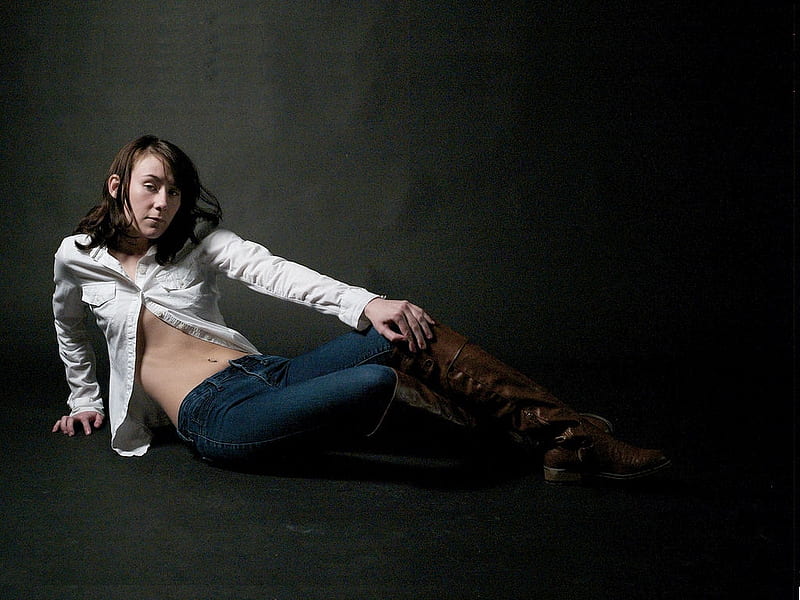
It’s impossible to maintain success without caring for your mental health, yet it’s one of the least-discussed aspects of being a model. The right look, connections, and shows can take you far, but none of that means much without a strong sense of self and the ability to handle fashion’s ups and downs. “Imagine the whole world judging every pore on your body—who trains you to deal with that?” says Adesuwa Aighewi of the unrealistic expectations models face daily. “As a model, you have this separation of self [where] you don’t even belong to yourself anymore.”
Social media grants us glimpses into the inner lives of fashion’s superstars, but all those upbeat posts can be deceiving. “What you see in the media most times is the highlight reel,” says Kaia Gerber. “It’s ok not to be ok; sometimes, it’s ok to have a bad day [but] those aren’t the days we’re putting on Instagram.” The reality is many of the people who appear to be living the dream struggle with deep-rooted insecurities,
depression, and anxiety. Issues surrounding mental health don’t discriminate, and those brave enough to seek help through therapy and counseling have found the experience empowering. “I decided enough is enough, I’m not going to keep suffering from this in silence,” said Adut Akech of her battle with depression. “I know there are so many people out there who are going through the same thing I am.” Mental stressors are universal—the World Health Organization estimates that more than 264 million people worldwide suffer from depression—and the fashion industry and its toxic culture exacerbates these issues. When telling people they are expendable is the norm, it sets a dangerous precedent. “[Those messages] are why the competition and abuse of power are so pervasive. It’s because everyone is afraid to get kicked out and be over,” says Paloma Elsesser. “There needs to be a major overhaul in how people are treated.”

